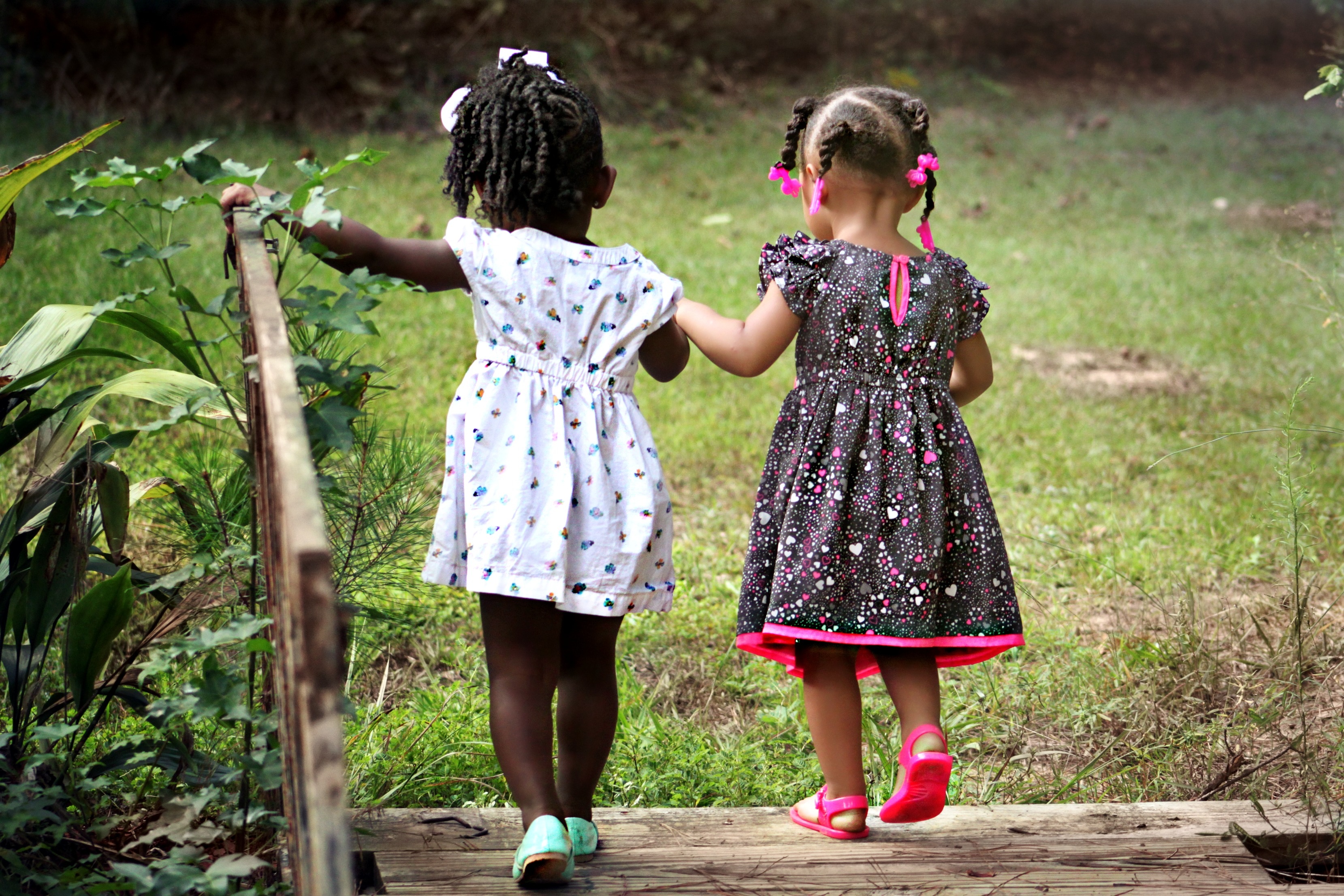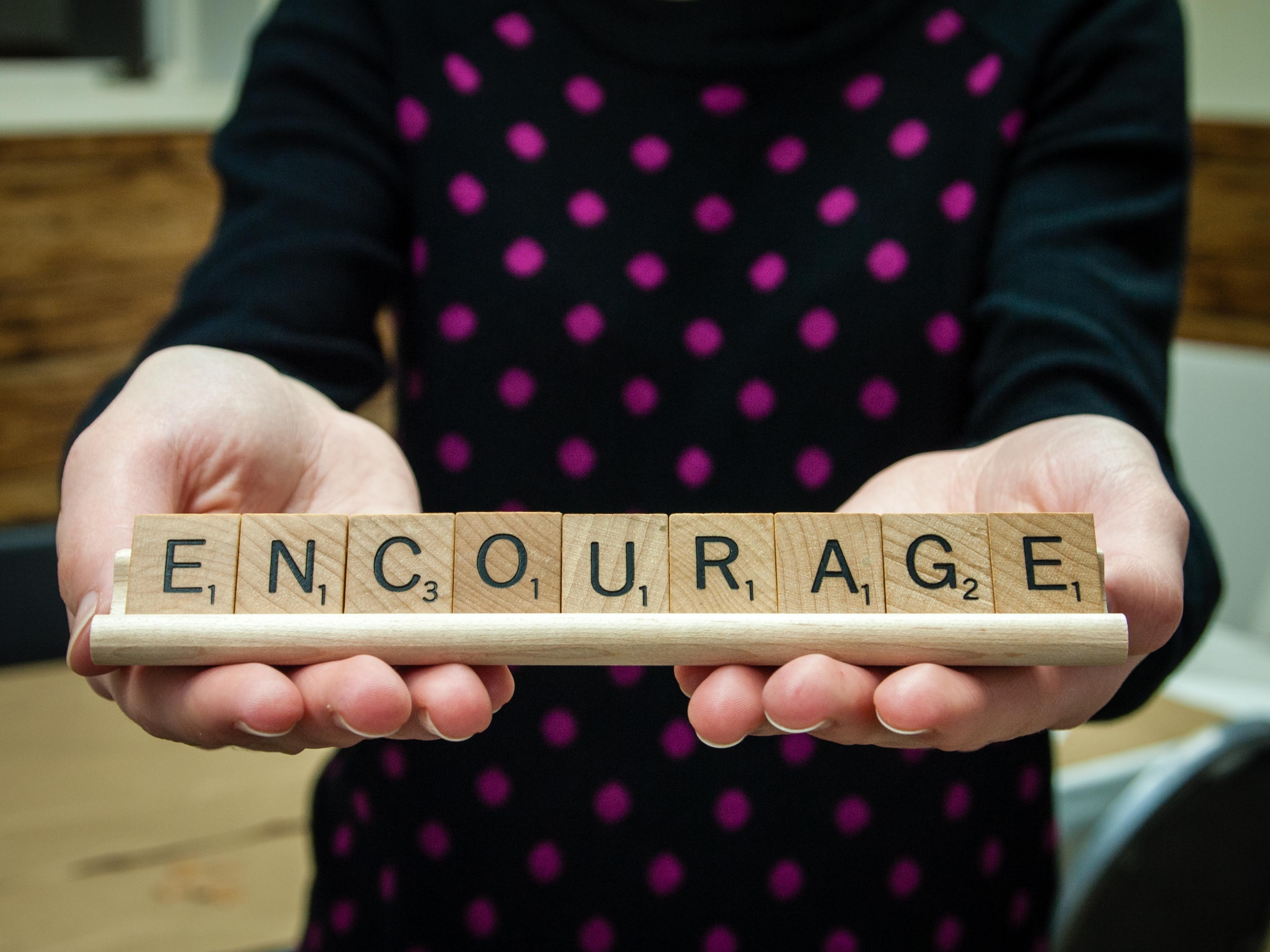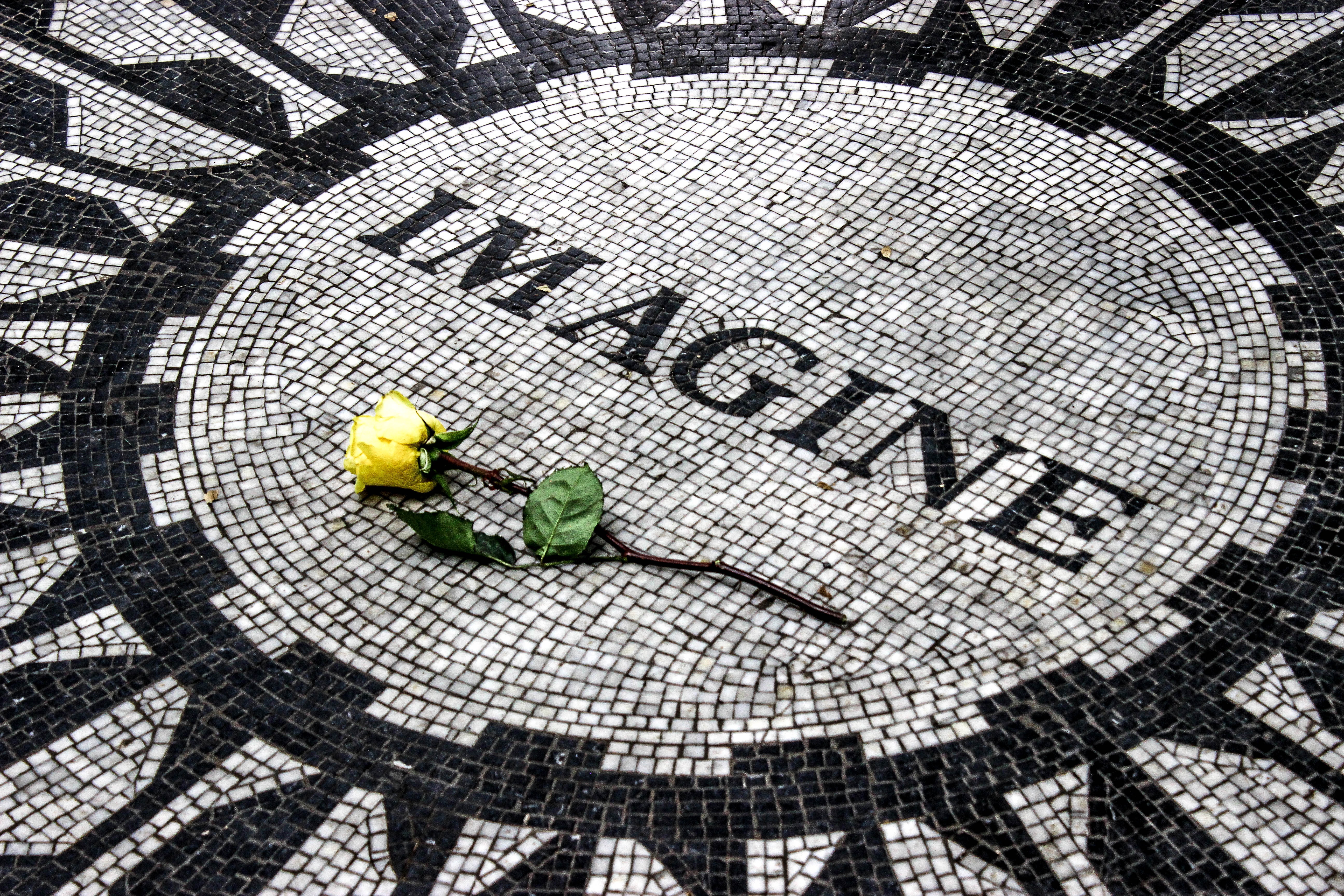
The U.S. Green Building Council (USGBC)’s Middle Atlantic Region (New York, New Jersey, Pennsylvania and Delaware) presented the second annual Women in Green conference in June, with a focus on the new trifecta of social justice, climate change, and the current pandemic. Introduced by Faith Taylor, the first African American woman at the former Wyndham Worldwide to develop corporate environmental standards recognized five years in a row by the Dow Jones Sustainability Index, the virtual conference delivered a powerful message of the need for and importance of social, environmental and economic change. Taylor spoke of the need to “stand up and speak about what leadership looks like” and introduced former NJ Governor and EPA head Christine Todd Whitman, now head of the Whitman Strategy Group, who presented opening remarks for the Women in Green conference and answered questions before the panel discussions.
Conference Kick-Off

Whitman offered observations about how the current pandemic is being well-handled by female leaders around the world, citing their empathy, compassion, preparedness, openness to listening to experts and ability to inspire constituents to take action. While not exclusively female traits, they are qualities held by many women in business and politics worldwide.
When asked, “What does leadership look like today?” Whitman elaborated on approaching problem solving through listening to others, asking for expert opinions and acknowledging that no single leader has all the answers. She talked about the importance of fostering bipartisan support, and about being open to research that connects climate change to the current pandemic. As Whitman said, “When ecosystems change, pathogens change.”
Wrapping up, Whitman spoke of the importance of mentorship and providing role models for young women, especially with today’s problems being too complex for one voice to solve. When asked what she would tell her younger self, she noted that it is important to find a way to be comfortable with work-life balance within oneself and one’s family, to look toward larger goals in one’s career, and most importantly, to recognize that being female is not a guarantee that other women will support you. Support can come from all directions.
The conference panelists were introduced by Medea Villere, Regional Coordinator of Market Transformation and Development for USGBC; the panelists represented diverse interests in building, business, and environmentalism. Every speaker touched on the need for workplace awareness of and response to issues of social justice, climate change and public health approaches to the current Covid-19 pandemic and tied these significant social drivers to our economic health and environmental wellbeing.
Social Justice as Pivoting Point in Corporate Awareness

Each speaker presented a nuanced approach to bringing social justice dialogue into the workplace. For Julia Gisewite, Turner Construction Company’s Chief Sustainability Officer, it is critical to treat issues of social justice with equal weight to issues of climate change, and to acknowledge them both as having already reached pivotal tipping points. She noted that while Turner has typically taken a “center lane” approach to social and political issues, that recent events including the murder of George Floyd, have triggered an internal corporate awakening on recognizing the importance of racial equality.
Gisewite segued from highlighting the importance of integrating communities of color to the impacts of Covid-19; she shared the observation that Governors were able to make regional partnerships to act swiftly in response to Covid-19 in the Northeast. She noted that this intergovernmental type of partnership is very powerful, and that such state-to-state partnerships have the potential to make positive changes in the physical environment, too.

Climate Change as Inspiration to Act
Climate change, a long-held aspect of USGBC’s raison d’être, was addressed with equal importance by the speakers. Vlada Keniff, Vice President of Energy and Sustainability, Capital Projects Division, at the New York City Housing Authority (NYCHA), spoke from the perspective of both an immigrant to the US and as an executive working in sustainability. Her personal journey in sustainability took her from Uzbekistan to Moscow in her early teen years, when on the trip, she observed ships in the desert, formerly sailing on the Aral Sea which had then dried up due to environmental changes, leaving ships adrift on land. On coming to the United States, working with water management and water utilities became vital in her work, and she committed her passion to stabilizing the quality of life for people who live in underserved communities. Her personal journey and water-conscious awakening broadened into helping others.
“Bring sustainability into every job” was the main message presented by speaker Amanda Nesheiwat, who works as the Deputy Director of Sustainability and Community Outreach for Hudson County Improvement Authority. She noted that most cities and many private companies have sustainability directors and departments, and that these groups are often led by women. She spoke to the need for strong mentorship of younger women in both public and private work.
The importance of being a generalist in order to find connections and help others to make connections in sustainability was called out by Jodi Smits Anderson, Director of Sustainability Programs at the Dormitory Authority of the State of New York (DASNY). Trained as an architect, this synthetic thinking comes with a curiosity that allows Anderson to see and help others to make sustainability work more successful. She suggests finding out what initiatives can be implemented, appreciating the work that has already been done, and then launching forward with ramping up the initiatives. We will “always be able to do more than yesterday,” said Anderson.
Pandemic as a Transformer

Every panelist touched on the current Covid-19 pandemic, particularly as experienced by women in green-focused business development in the Northeastern United States. Faith Taylor, the panelist who kicked off the conference, noted that in her teaching at the Feliciano Business School of Montclair State University as a full-time Clinical Professor of Marketing/Management teaching Corporate Social Responsibility (CSR), that she guides students to see our current crises (social justice, climate change, public health) as also presenting moments of opportunity for change. She acknowledged that we are undergoing a huge transformation on societal, environmental and economic levels and that to be sustainable, we must innovate, must do more with less, and must do so in a way that employs new technologies. To do nothing, she said, is to be complicit with past inequities. A better society will be built because of going through the current times, understanding that what has been has not worked, and that we can build better by seeing the opportunities in our challenges. She encouraged women to partner with men in the work, and to “take the opportunity to lead in your own sphere of influence.”
Questions and Answers

A vigorous Question and Answer period followed, moderated by Monika Serrano-Riedlinger, Sustainability Project Manager at Turner Construction. Attendees submitted questions via the conference’s online chat box and were read aloud for panelists to answer. These included “what is the best resource for people to use to dive deeper into the sustainability sector,” “how to be plastic-free during Covid-19” and “given the current divisiveness in politics, what level of government is most effective in making policy changes around green building?” The Q&A wrapped up with a general question for all panelists in relation to working in sustainability: “What would you tell your younger self?” Of all the questions and answers, one reply stands out for its ability to address all the topics: Vlada Keniff said she would tell her younger self to “calm down; there is so much to do. We have an incredible tool box. The work is endless and rewarding, and yet there is the need to focus on home. Anxiety has to be tempered.” In reframing the question of advice, Julia Gisewite, Chief Sustainability Officer at Turner, noted she now asks herself, “what am I going to teach my kids?”
Technical and political suggestions were given and reiterated by the panelists, including finding strategic alliances between municipal and state levels of government, encouraging state-to-state agreements, and finding ways to incorporate carbon trading in local communities. Personal and emotional responses were also shared, such as trusting oneself, staying curious and appreciating the present moment. These personal perspectives, in every case, underlie the tone presented by each panelist in the conference. A mindful approach is a commonality of these women in the green building sector, and it is one that pervades their openness to finding technical and political solutions to large societal, environmental, and economic problems.
Breakout Sessions: Mentorship, Resiliency, ROI of Sustainability, Equity

Breakout sessions followed; this gave conference attendees an opportunity to dive more deeply into one of four subjects: Mentorship, Resiliency, Return on Investment (ROI) of Sustainability and Equity. Each breakout session was led by an industry specialist, conducted in separate virtual breakout rooms, and then summarized for the main conference group in a “Tweet-style” sentence or two once the breakout discussions concluded. The presentation of group discussion summaries was moderated by Tracie Hall, Director of Market Transformation and Development for USGBC.
Kris Goversten, a graduate student in Sustainable Building Systems at Northeastern University in Boston, and researching passive survivability, moderated the Mentorship breakout group. This group discussed ways to develop mentorship, offering the advice to “pay it forward,” and to be part of the wave of women helping women.
Monika Serrano-Riedlinger, Sustainability Project Manager at Turner and also host of the Q&A period, moderated the Resiliency breakout group. This group discussed ways of staying agile in business in the face of adversity and encouraged ensuring that our resilient future is equitable.
Faith Taylor, Professor at Feliciano Business School at Montclair State University and first speaker of the conference, moderated the ROI of Sustainability group. This group discussed the “three E’s,” otherwise known as Engagement, Economy and Environment, and recommended looking at adding value to sustainable initiatives by engaging with stakeholders, working with a variety of financial tools, and employing different building certifications, especially those that relate to building health.
Brooke Altidor, Architectural Specifications Manager at Certain-Teed and Jessica Ford, Business Development Manager at NORESCO, co-moderated the Equity group. This group dove into statistics relating to women in the architectural, engineering and construction (AEC) industries, and within those groups, looked at the racial makeup and disparities in the sub-sectors. It was advised to have a variety of voices at the table and to develop opportunities at the K through 12 levels of education, in order to change the dynamics of the industry.
Once these summary statements were delivered, Tracie Hall, Director of Market Transformation and Development for USGBC, delivered closing remarks. She noted that there are people listening to these conversations who are available to help and reminded attendees that those who rose to positions of influence did so by connecting with others, by sharing their visions and by working hard. She announced that Jodi Smits Anderson, Director of Sustainability Programs at DASNY has been voted in as USGBC’s month of July “Shero,” for standing up for speaking up. Smits Anderson in turn noted that “we survive interesting times by connecting with people who support you with their knowledge and their spirit.” She added that it is important to seek support and knowledge from those younger as well as those older, in mentorship.
In Conclusion

To understand our potential future in healthy living, look to these leaders for guidance. By opening the conversation to a diversity of issues including social justice, climate change and the Covid-19 pandemic, we hone our ability to make synthetic connections between the parts, enriching the whole for everyone. As Tracie Hall said in closing, “stay safe, stay hopeful.” By adopting resilient and connected thinking, we can do just that.
-Maia Kumari Gilman, AIA, LEED-AP BD+C is a Registered Architect who practices in New York City. She writes regularly on green building issues and is the author of eco-fiction novel The Erenwine Agenda. www.maiakumarigilman.com

